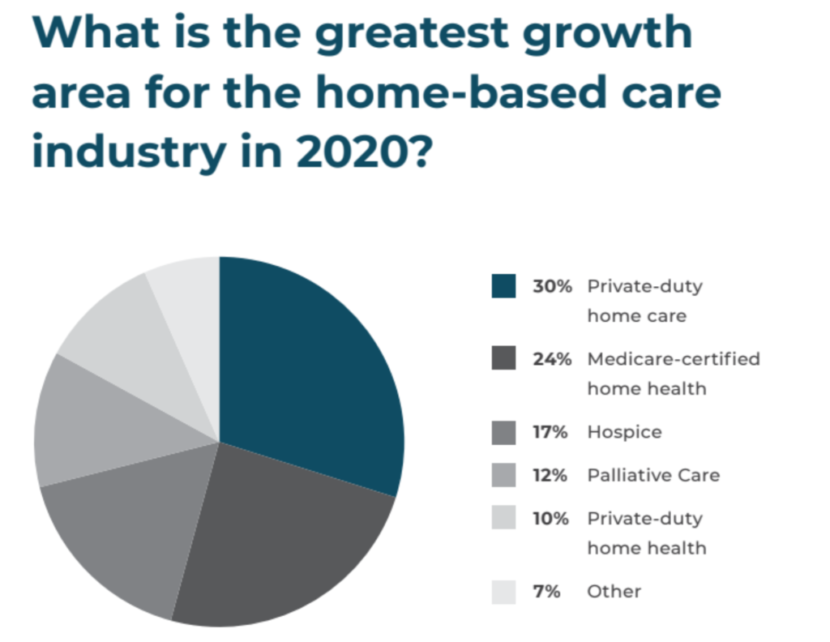Bipartisan lawmakers introduced a bill on Monday that would increase oversight and require more transparency from the Center for Medicare & Medicaid Innovation (CMMI), the U.S. Department of Health & Human Services (HHS) branch that tests new payment models and delivery options.
The bill, dubbed the “Strengthening Innovation in Medicare and Medicaid Act,” could handcuff CMMI and reduce its output — forcing the innovation center to instead abide by further reporting requirements.
The lawmakers’ worry is that CMMI, which was founded under the Affordable Care Act, has too much free rein. Even if its efforts are well-intentioned, the concern is that patient care could be compromised without additional standards and transparency requirements.
Moreover, lawmakers worry that — if left unchecked — CMMI may only add fuel to the health care spending fire. Currently, nearly one-fifth of U.S. GDP is tied to the health care sector.
U.S. Reps. Terri Sewell (D-Ala.), Adrian Smith (R-Neb.), Tony Cárdenas (D-Calif.) and John Shimkus (R-Ill.) introduced the bill. Rep. Sewell — a co-sponsor of the Home Health Payment Innovation Act — has been a particularly active lawmaker over the past several months when it comes to new health care bills.
The newly introduced bill comes just a few weeks after CMMI appointed a new director, Brad Smith, who formerly co-founded and worked as the CEO of the home-based palliative care provider Aspire Health before it was sold to national insurance giant Anthem in May 2018. Smith most recently served as the COO of Anthem’s diversified business group, which Aspire became a part of.
The former director of CMMI, Adam Boehler, left the position in July when he was selected to lead the International Development Finance Corp. (DFC). Boehler emphasized in-home as well as value-based care to reduce spending, which is the agency’s main priority.
With Smith at the helm, home-based care agencies expected the innovation to continue, Bruce Greenstein, the chief strategy and innovation officer at LHC Group Inc. (Nasdaq: LHCG), said at Home Care 100 in January.
Popular Reports
Advertisement
“If you think that over the last few years the [CMMI] has been producing too much for you to keep up with, keep your seatbelt buckled,” Greenstein said in January. “There will be a lot more coming.”
It’s possible that the new bill could jeopardize that. It would require HHS to implement a plan to monitor the effects of models on patients and seek to “mitigate any adverse impact, including reductions in care or reduced access to care … .”
Although the bill could create new burdens for CMMI, Greenstein is more bullish on its premise. Additionally, he thinks that Congress paying close attention to things like CMMI at all is a good thing.
“[Congress] has been seemingly divisive over health care issues for a really long time,” Greenstein, the former chief technology officer of HHS, told Home Health Care News. “There are things that they do come together on. I think about the 21st Century Cures Act — that was an incredibly bipartisan bill, and it really addressed part of our health care system that really needed help.”
The bill could lead to more disapprovals, but if CMMI isn’t thrown off its groove of producing creative solutions to reduced spending, perhaps more oversight from Congress and more feedback incorporated from providers could improve the agency’s efforts.
I think it’s always positive when we have an organ of government that has the responsibility of innovating in our health care system, and they’re doing that,” Greenstein said. “And I think it’s very positive when Congress is paying close attention to it.”
